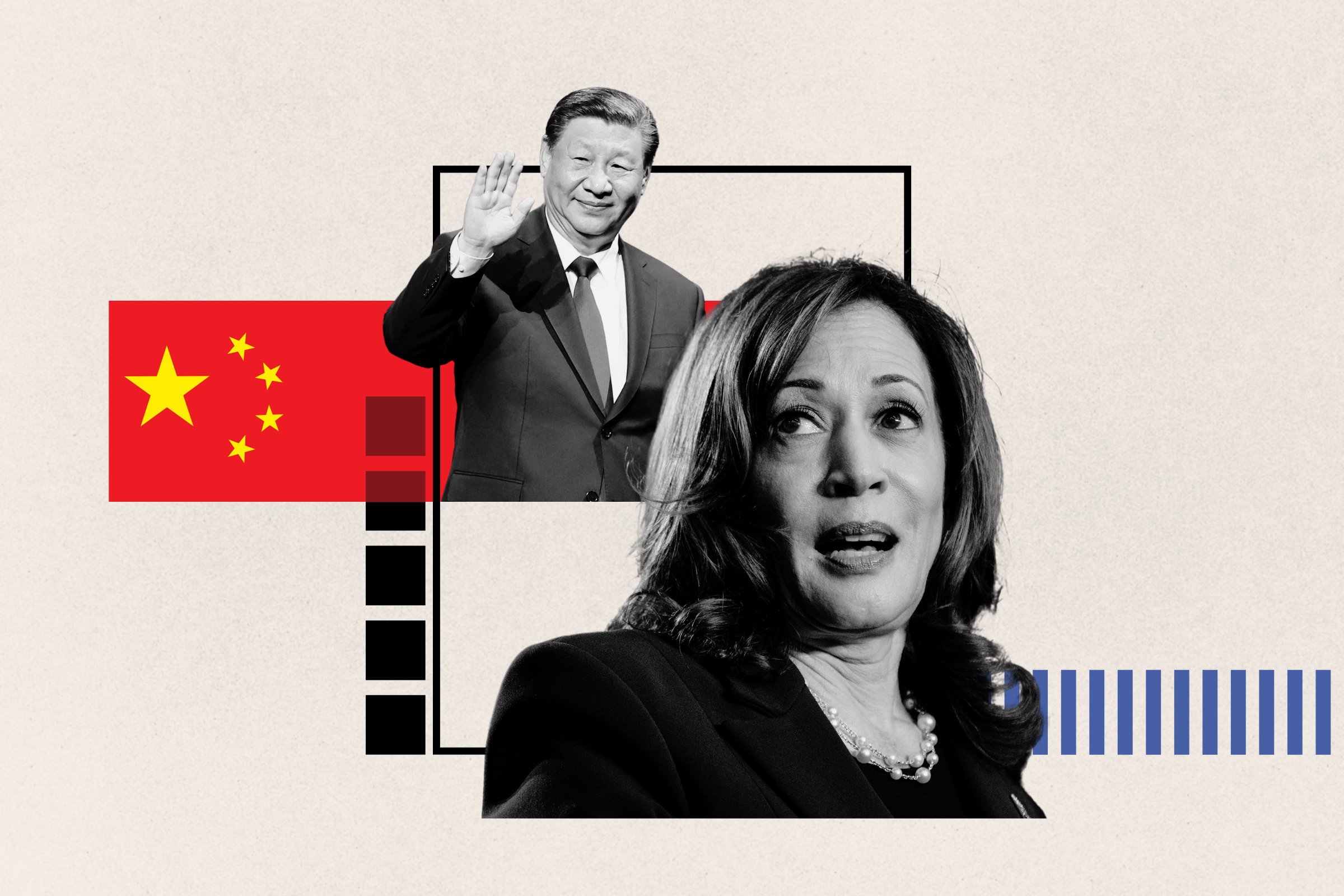As Kamala Harris gears up to accept the Democratic presidential nomination later this month, her views on U.S.-China relations are expected to play a vital role in her campaign against former President Donald Trump.
China has become a significant concern for many Americans, with a Pew Research poll indicating that nearly half of the population sees it as a top foreign policy issue. A Gallup poll from March revealed that over 40% of Americans consider China the United States’ primary enemy.
Despite President Biden’s efforts to ease tensions during his meeting with Chinese leader Xi Jinping last November, disputes continue to arise between the two nations, encompassing trade, nuclear weapons, and even TikTok.

During her debate with then-Vice President Mike Pence in October 2020, Harris criticized the Trump administration’s approach to the trade war, stating, “You lost that trade war… America lost 300,000 manufacturing jobs,” and highlighted the negative impact on farmers and the manufacturing sector.
The Biden administration continues to confront issues arising from trade with China, with Treasury Secretary Janet Yellen reproaching Beijing for flooding foreign markets with products. In May, Biden maintained tariffs on $300 billion in Chinese imports, even increasing tariffs on some goods by $18 billion.
As tensions heightened after a Chinese balloon was shot down and before Biden’s important meeting with Xi, Harris emphasized a focus on “de-risking” rather than complete economic decoupling. She explained, “It’s not about pulling out… but ensuring that we protect American interests.”
While attending a Southeast Asian summit in Jakarta, Harris also accused China of “bullying” countries in the South China Sea, an area critical for global trade. This sentiment was echoed during her visit to Vietnam in August 2021, where she urged more pressure on Beijing to abide by international maritime laws.
Despite calls for increased pressure on China, state media in China dismissed her Vietnam visit as a “stunt” and accused her of causing discord. China remains embroiled in long-standing territorial disputes, notably with the Philippines, which has a Mutual Defense Treaty with the U.S.
Harris met Xi briefly at the Asia-Pacific Economic Cooperation summit in November 2022, where she reinforced the importance of open communication to manage competition between the two countries.
On the sensitive issue of Taiwan, which China seeks to control, Harris has reiterated support for U.S. assistance in Taiwan’s self-defense. As a senator, she also championed human rights by co-sponsoring legislation targeting officials for their roles in suppressing democracy in Hong Kong and supporting the 2019 Uyghur Human Rights Policy Act, which mandated reports on the treatment of Uyghurs in Xinjiang where mass detentions have faced scrutiny.
China has consistently denied allegations of human rights abuses, labeling detainment camps as educational centers.
